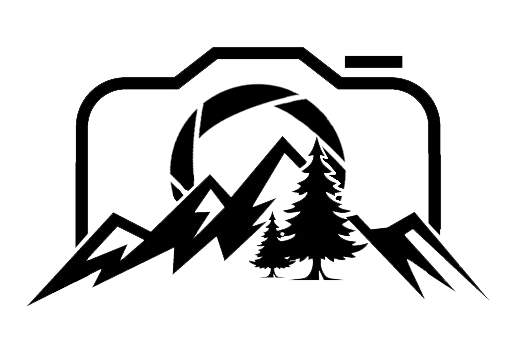Do you REALLY NEED Filters for your Camera?
This week I am testing out a filter kit from Haida … and taking some photographs along the way.
This is a proper filter system for a DSLR or mirrorless camera. I have the M10 professional kit from Haida which comes with a 10 stop ND3.0, a 6 stop ND1.8 a 3stop ND0.9 soft graduated filter, and a 3 stop reverse graduated filter … as well as a drop in circular polariser, the bracket that holds them all and adapters for different sized lens threads.
What are ND filters?
ND filters are like sunglasses for your camera. They reduce the amount of light getting through your lens, so you can do much longer exposure times than normal, especially in the middle of the day.
For example, if you use a 10 stop ND, this would reduce the amount of light by 10 times, and this is an exponential scale … a bit like how earthquakes are measured … so if you had a 1/1000 shutter speed before attaching the 10 stop ND filter, this would then give you a shutter speed of 1 second.
If there was less light about to start with, and you had a shutter speed of 1/4 second without the filter, if you then attached the filter, you would have to keep your shutter open for 4 minutes to get the same exposure. So you can see this would give you a very different looking image.
How about Graduated Filters?
Graduated filters are exactly as they sound, they graduate from clear glass to darkened glass gradually. This is great for a sunset, where the sky might be really bright and the land really dark. by attaching a graduated filter, you can darken the sky down in camera, and get a good looking photograph on the back of your camera.
The downside to graduated filters is that because the graduation is on a straight line, if you have mountains in your photograph that protrude into the upper part of your frame, this can give you a strange looking photograph.
And what about Circular Polariser Filters?
Circular polarisers let you rotate them. As they rotate, they only let lightwaves in at a certain angle … and without getting too technical, will basically lessen the amount of reflective light coming in to your camera.
These will tend to darken bodies of water that would normally be really reflective as well as reduce the amount of reflected light of plants and leaves, so the greenery in your landscape photos might come out a little more saturated, and if you point your camera at 90 degrees from the direction of the sunlight, you can also get darker blues in the sky … when there are few clouds in the area you are taking photographs.
What do you think about the filters from Haida?
Well, you’ll just have to watch the video I made to find out about that. 😁👍
The camera clip I always use: Peak Design Capture clip (It's expensive but well worth it!)
Want to buy a Camera today!?: Click here
My Equipment list:
Some of these are affiliate links, which means at no extra cost to you I will make a small commission, if you click them and make a qualifying purchase.
If you would like to see more, subscribe and turn on notifications for weekly videos, hints and tips and more. If you know anyone who would benefit from this video, please do share and like the video.
Thanks
Mike

